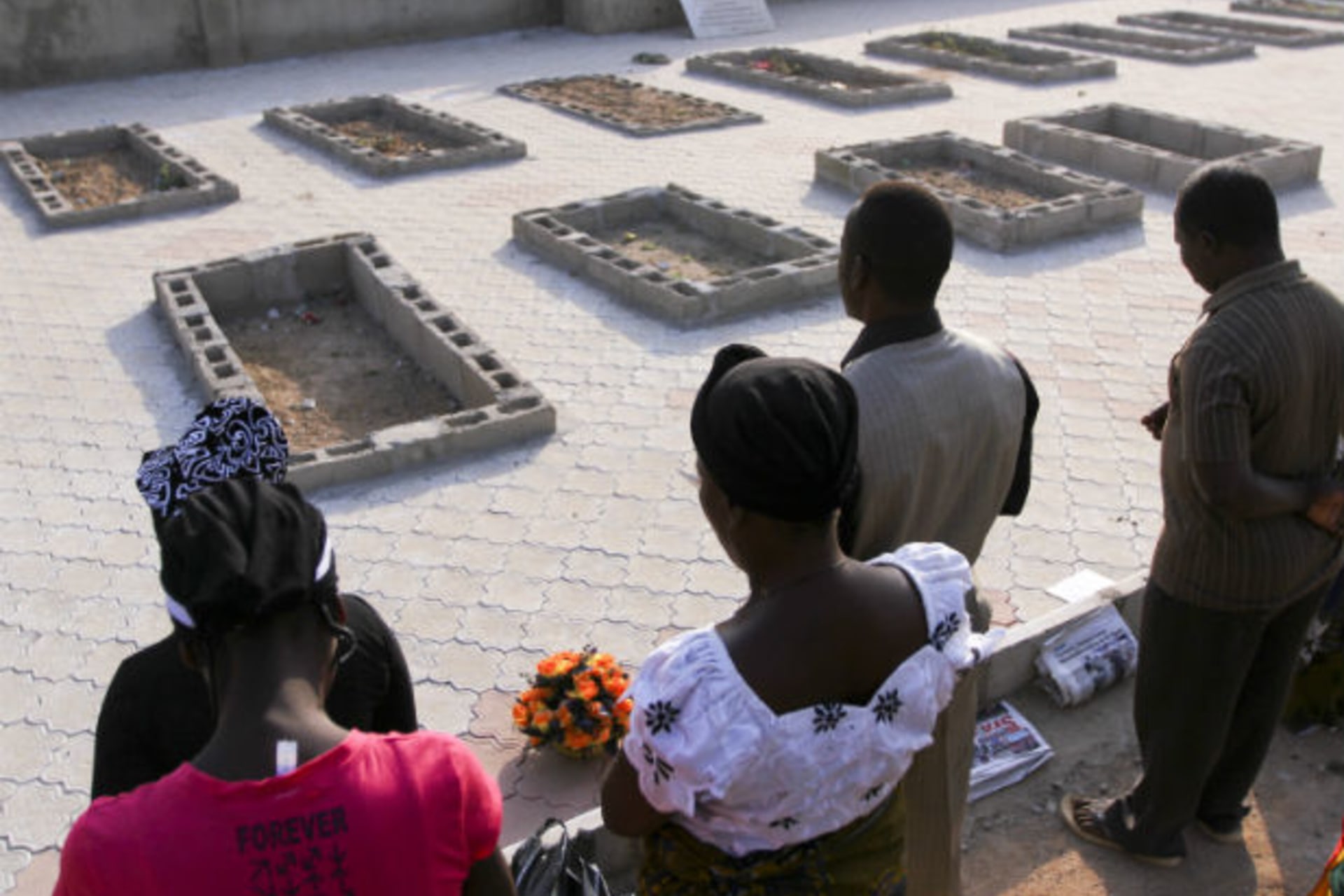Beyond Boko Haram: Nigeria’s History of Violence

By experts and staff
- Published
By
- Guest Blogger for John Campbell
This is a guest post by Tiffany Lynch, a senior policy analyst at the U.S. Commission on International Religious Freedom. The views expressed are her own and may or may not reflect the views of the Commission.
For almost two years, stories about violence in Nigeria have focused almost exclusively on Boko Haram’s attacks on churches and Christians; police stations and other government buildings; schools and politicians; and Muslim critics. Forgotten is Nigeria’s longer and more deadly history of religiously-related violence. Too much analysis of Boko Haram fails to take into account how Nigeria’s history of Muslim-Christian violence directly contributes to the Boko Haram phenomenon.
Since 1999, more than fourteen thousand Nigerians in the Middle Belt and north have been killed, hundreds of thousands displaced, and thousands of churches, mosques, and other property destroyed in Muslim and Christian communal violence. However, lack of political will and jurisdictional disputes to prosecute perpetrators of the violence means that almost universally, those responsible for the violence remain free. In more than a decade, fewer than two hundred individuals have been prosecuted for their involvement in sectarian violence, despite available video and photographic evidence. Rather than prosecute, federal and state officials have repeatedly formed commissions of inquiry to review the causes of the violence and make recommendations to prevent further violence. But these recommendations are rarely implemented.
This failure to prosecute has created a climate of impunity with dangerous consequences. The U.S. Commission on International Religious Freedom (USCIRF), where I serve as senior policy analyst, has drawn attention to this in our recently released Annual Report on Nigeria. USCIRF found that a lack of consequences for violence gives a green light for future depredations. An incident sparking Muslim-Christian violence can trigger retaliatory ricochet riots in other areas.
Pour the gasoline of Boko Haram attacks onto this already burning fire and the consequences of religiously-related violence become even more dangerous. Boko Haram is using this culture of impunity as a recruitment tool—young Muslim men, angered by the government’s failure to address violence, respond to the call of Boko Haram leader Abubakar Shekau to attack Christians in “retaliation.” They are joining Boko Haram to attack churches and individual Christians. In fact, many of Boko Haram’s most deadly and prominent church service attacks in 2012 occurred in cities with problematic Muslim-Christian relations and histories of sectarian violence: Bauchi, Jos, and Kaduna.
Policy recommendations to tackle Boko Haram have focused on addressing political and economic marginalization in the north and ending abuses by security forces. Yet, the U.S. and Nigerian governments should focus on ending impunity and addressing Nigeria’s problem of Muslim-Christian violence. Boko Haram is feeding off of and fueling Nigeria’s history of religious related violence, adding momentum to an already vicious cycle. The United States needs to press its ally to do more, so this cycle is interrupted and perpetrators are brought to justice.